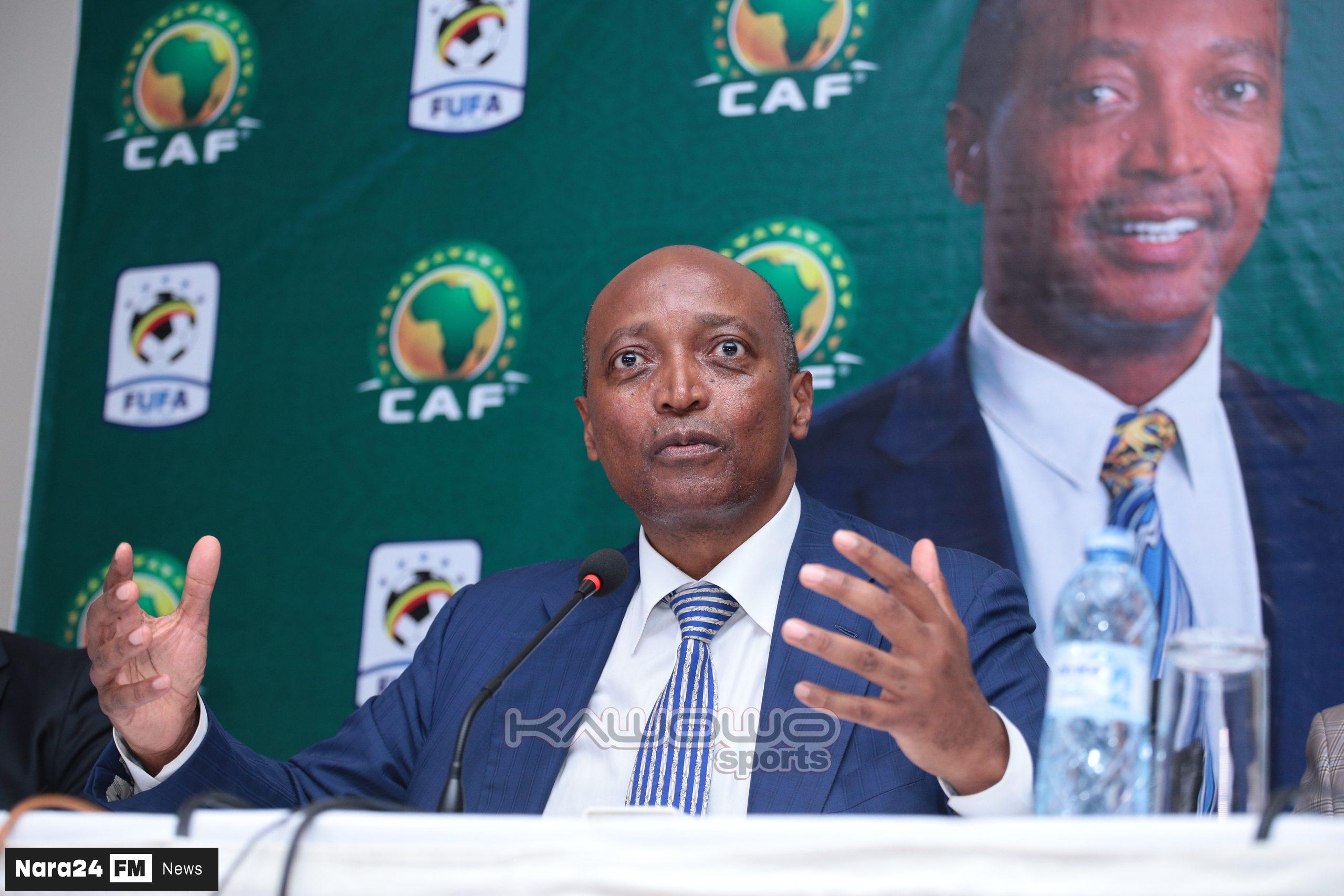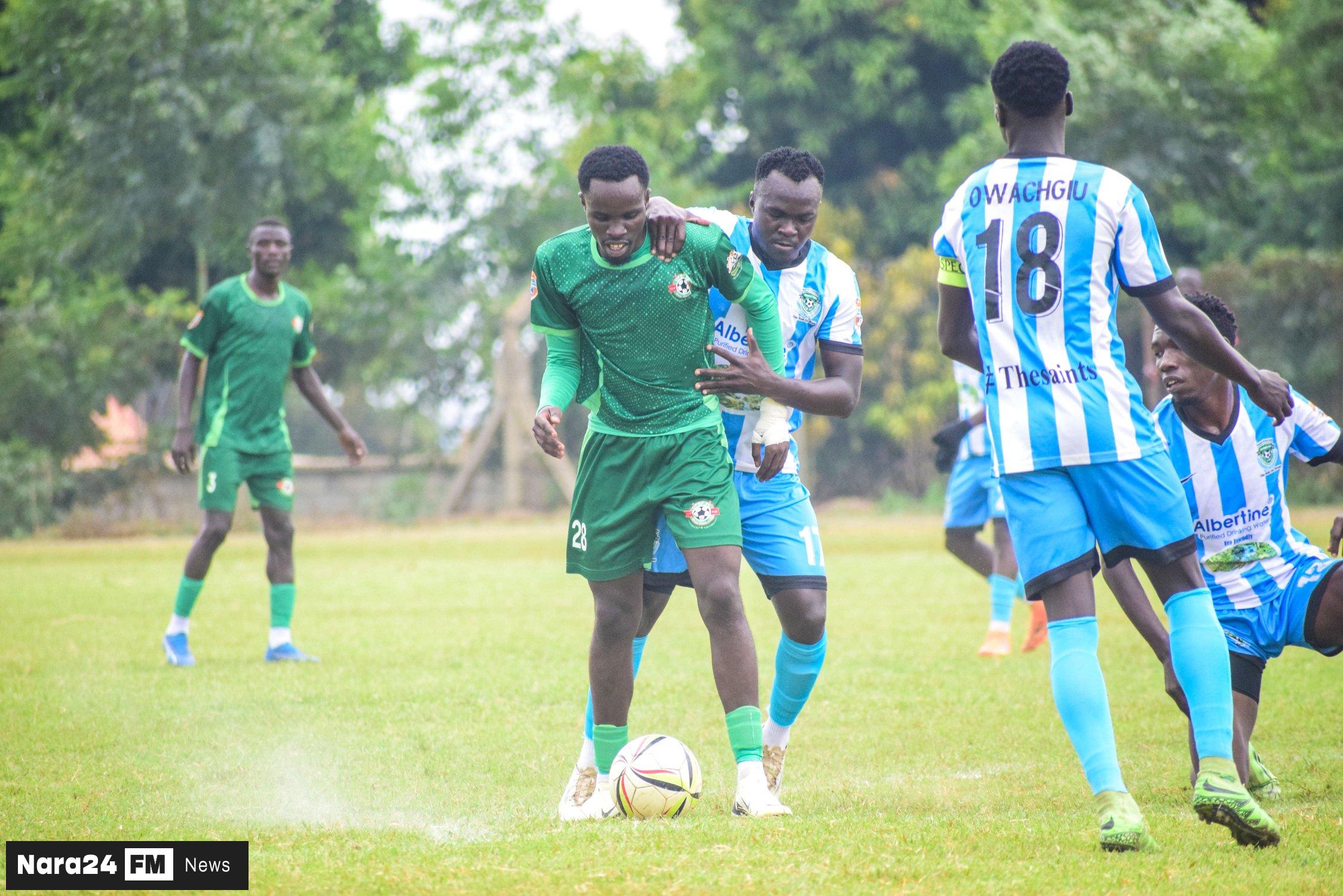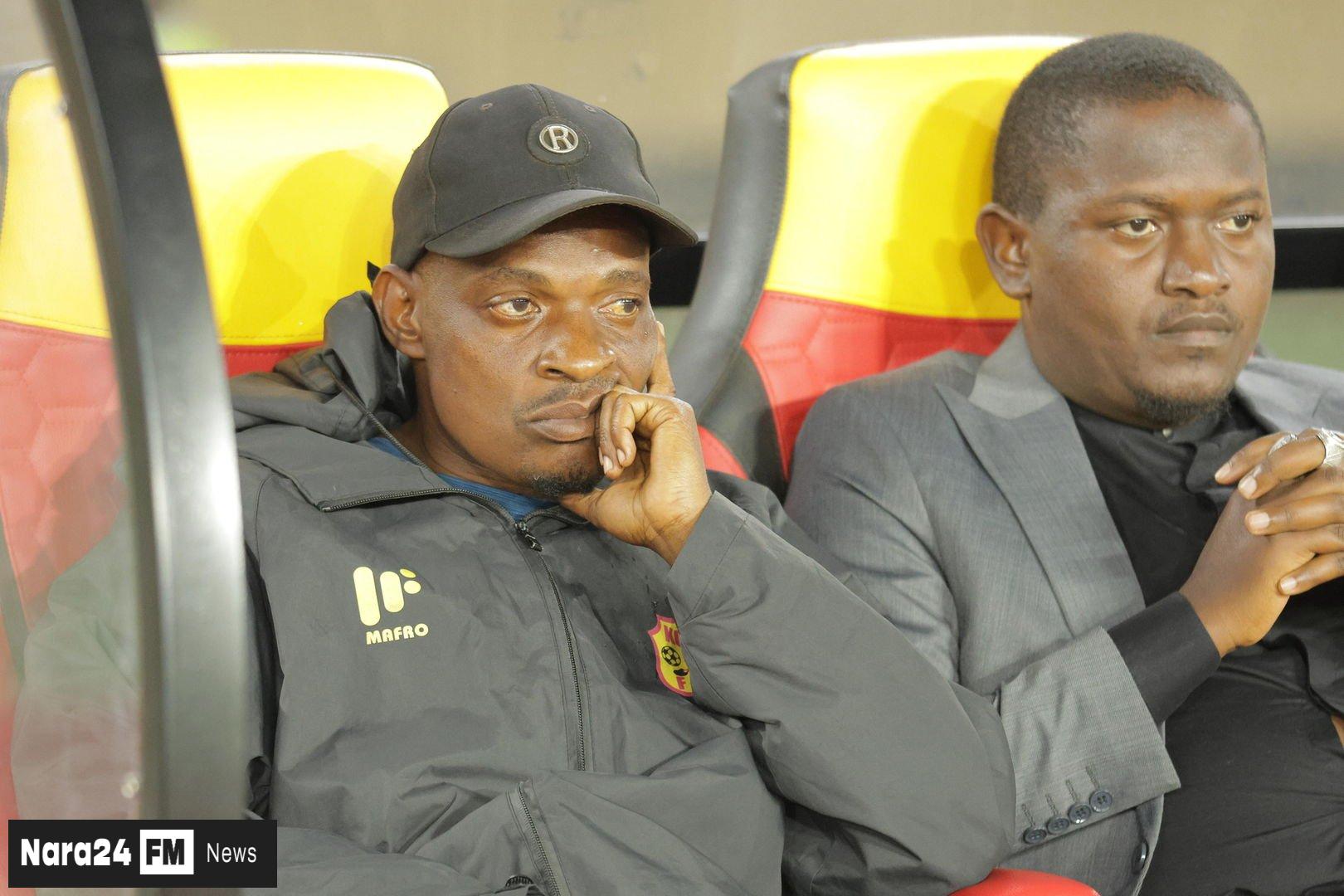In This Article
- IOC's New Stance on Gender Eligibility in Sports
- Formation of Working Group for Policy Development
- Shift from Decentralized to Unified Gender Standards
- Addressing Past Controversies: Paris Olympics Case
- Transgender Athletes: Balancing Inclusivity and Fairness
- Coventry's Leadership and Future Directions for Sports Governance
Key Takeaways
- Kirsty Coventry, newly elected president of the International Olympic Committee (IOC), has called for a unified effort to protect the female category in sports.
- The IOC has established a working group comprising experts and international federations to develop a cohesive policy.
- The IOC has shifted from delegating gender eligibility rules to individual sports federations to implementing a universal standard.
- The IOC will not take any retrospective action regarding last year's controversial boxing tournament at the Paris Olympics.
- The IOC will prioritize scientific research and input from international federations when addressing the issue of transgender athletes in women's sports.
Kirsty Coventry, the newly elected president of the International Olympic Committee (IOC), has called for a unified effort to protect the female category in sports. Speaking at her inaugural press conference, Coventry highlighted the IOC's commitment to fostering fairness and inclusivity while addressing complex gender eligibility issues.
The Zimbabwean leader, a seven-time Olympic medalist in swimming, revealed that the IOC has established a working group comprising experts and international federations to develop a cohesive policy. "It was very clear from the members that we have to protect the female category, first and foremost to ensure fairness," Coventry stated. She emphasized that this approach would be rooted in scientific research and collaboration with sports governing bodies.
This marks a significant shift from the IOC's previous stance, which delegated gender eligibility rules to individual sports federations rather than implementing a universal standard. Coventry's leadership signals a move toward greater oversight and consensus-building on this contentious issue.
While Coventry acknowledged the diversity of challenges across different sports, she ruled out retrospective action regarding last year's controversial boxing tournament at the Paris Olympics. The event drew scrutiny after Algeria's Imane Khelif, who had been disqualified from the World Championships for reportedly failing a gender eligibility test, won the women's welterweight gold medal. Coventry clarified, "We're not going to be doing anything retrospectively. We're going to be looking forward."
The IOC president also addressed the broader debate surrounding transgender athletes in women's sports. Though she had previously advocated for a blanket ban on transgender women competing in female Olympic events, Coventry now stresses the importance of a nuanced, evidence-based approach. "It's too early to pre-empt the medical experts," she said, adding that the IOC would prioritize scientific research and input from international federations.
Her comments come amid growing global discussions on gender eligibility in sports. Earlier this month, World Boxing announced plans to introduce mandatory sex testing in July, following similar measures by World Athletics. Coventry refrained from endorsing specific policies but affirmed the IOC's role in fostering dialogue and consensus among stakeholders.
As the first woman to lead the IOC, Coventry's leadership is poised to address longstanding challenges in sports governance while balancing fairness, inclusivity, and scientific rigor.








Comments (0)
Leave a Comment
Be the first to comment on this article!